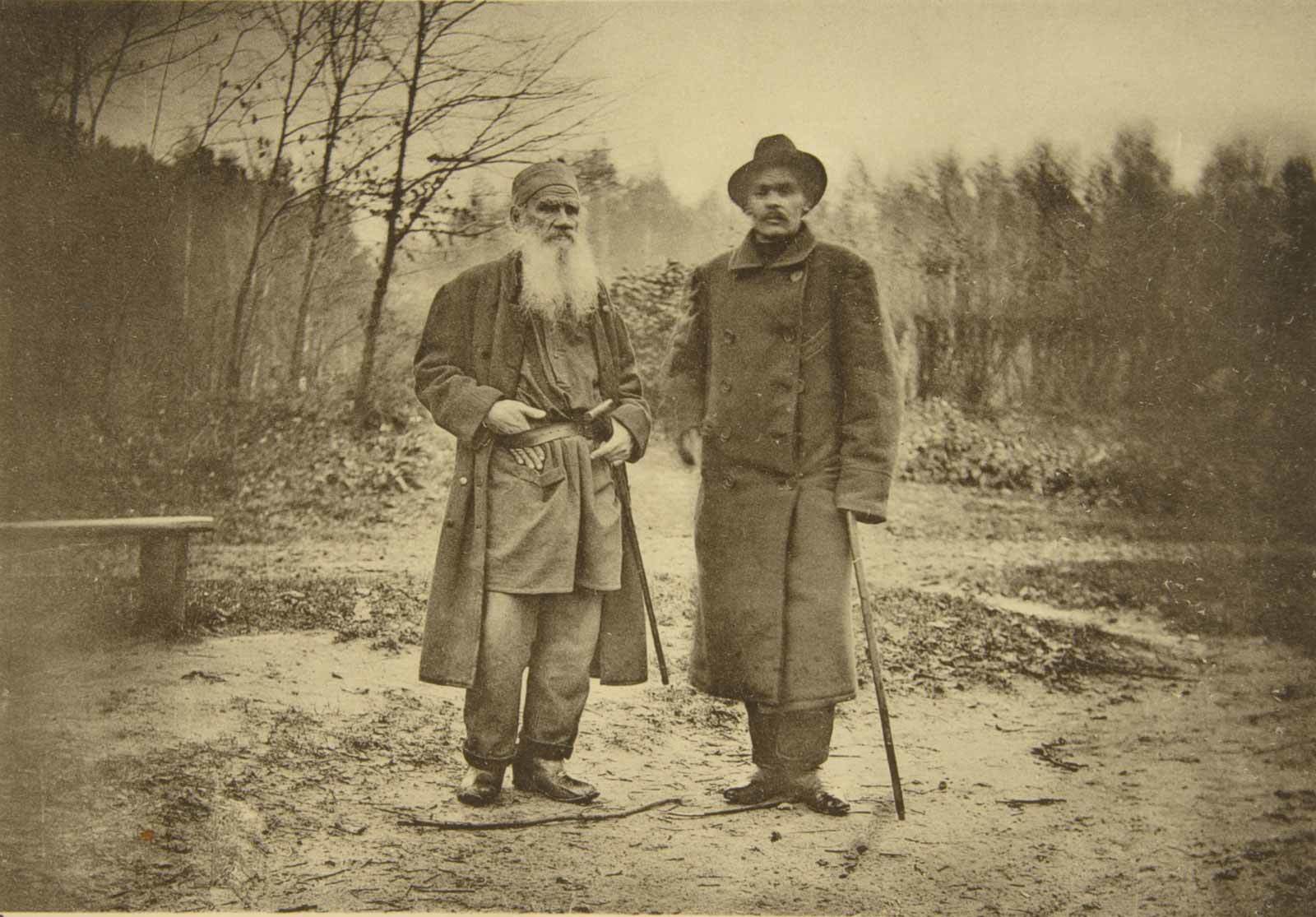Writing for the blog of the NY Review of Books, Tim Parks, a writer and translator of Italian literature, reflects on how knowledge and experience external to mere translation skills contribute to a translator’s work. By comparing two English translations of a passage from an Italian novel done by two different translators, Parks shows how factor’s such as a translator’s worldview and personal experience figure into a translation—thus reinforcing the notion that literary translation is much more art than science. Read an excerpt from the piece below, or the full text here.
Translating literature is not always more difficult than translating other texts—tourist brochures, technical manuals, art catalogues, sales contracts, and the like. But it does have this distinguishing characteristic: its sense is not limited to a simple function of informing or persuading, but rather thrives on a superabundance of possible meanings, an openness to interpretation, an invitation to measure what is described against our experience. This is stimulating. The more we bring to it, the more it offers, with the result that later readings will be different from the first in a way that is hardly true of a product description or city guide.
Translators are people who read books for us. Tolstoy wrote in Russian, so someone must read him for us and then write down that reading in our language. Since the book will be fuller and richer the more experience a reader brings to it, we would want our translator, as he or she reads, to be aware of as much as possible, aware of cultural references, aware of lexical patterns, aware of geographical setting and historical moment. Aware, too, of our own language and its many resources. Far from being “just subjective,” these differences will be a function of the different experiences these readers bring to the book, since none of us accumulates the same experience. Even then, of course, two expert translators will very likely produce two quite different versions. But if what we want is a translation of Tolstoy, rather than just something that sounds good enough sentence by sentence, it would seem preferable to have our reading done for us by people who can bring more, rather than less, to the work.
Image: Leo Tolstoy and Maxim Gorky. Via NY Review Daily.
